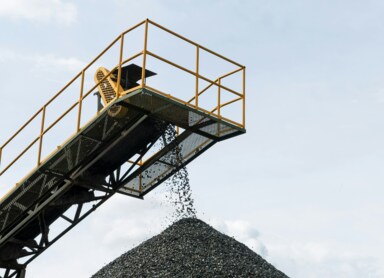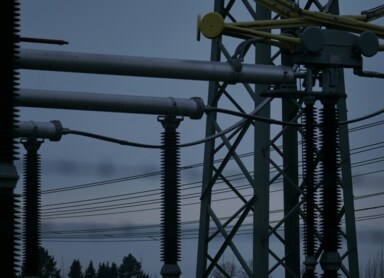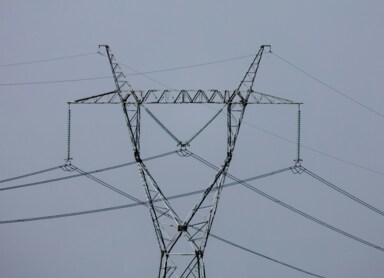Renewable energy
Non-renewable energy sources – what are they, what disadvantages do they have, and do they have a future?
Non-renewable, or so-called traditional, energy sources have for decades been the foundation of energy systems around the world. Coal, crude oil, and natural gas are resources that, despite the growing popularity of alternative energy sources, still play a key role in the energy systems of many countries. This situation makes the energy transition, which will help free the global economy from fossil fuels, increasingly urgent. So, what is worth knowing about non-renewable energy sources?
Who is a Virtual Prosumer? Settlement Rules in 2025
Using a photovoltaic installation grants the user the status of a prosumer. However, the current provisions of the Renewable Energy Sources Act distinguish between different types of renewable energy prosumers. As of July 2, 2025, in addition to individual, tenant, and collective prosumers, the virtual prosumer model also comes into effect. Who exactly are these users of photovoltaic systems, and what sets them apart from a "regular" prosumer?
Central Energy Market Information System – A Change in the Energy Market. What Does the Introduction of CSIRE Mean?
As of July 1, 2025, the Central Energy Market Information System (CSIRE) is operational in Poland. Although its full implementation will take place in a year’s time, we can already see whether the centralized transmission, storage, and sharing of electricity market data is actually working. What exactly is CSIRE, and how does it function?
Energy class – what it is and what it means
When choosing household or office appliances, you’ll come across an energy class label. It visually represents how much electricity a device consumes and whether it is cost-efficient and environmentally friendly. Learn what energy classes are and how to interpret them.
What are oxygen trees and why is it worth planting them?
The fight against air pollution can take many forms, including planting vegetation that absorbs carbon dioxide and produces oxygen through the process of photosynthesis. In recent years, so-called OxyTrees, or oxygen trees, have been gaining popularity. What are they, and how can oxygen trees be used in urban environments as well as by large companies?
How is hydrogen produced? Electrolysis – what is it and how does it work?
Ecological hydrogen as an energy source is one of the directions in the development of renewable energy. However, to enable its large-scale use, it is necessary to apply an easy, efficient, and inexpensive method of its production. Currently, green hydrogen can be obtained in several ways – through steam reforming of natural gas, photosynthesis, fermentation, and the electrochemical method, that is, electrolysis. Here we explain what hydrogen electrolysis involves.
Green certificates in the office – how to obtain them and what benefits they bring to a company
Eco-friendly construction is becoming increasingly popular among businesses. Having green certificates in the office is not only a way to meet ESG requirements but also proof that a company is a conscious and responsible market participant. So how can you apply for green certificates?
Environmental audit – what it is and how to conduct one
An increasing number of businesses are looking for ways to implement eco-friendly, zero-emission solutions in their daily operations. On one hand, such actions are driven by current legal requirements. On the other, by adopting green solutions, a company strengthens its image as a responsible market participant that cares about the environment. How can an environmental audit help you in this regard?
Electricity production in Poland – how can the carbon footprint of the energy sector be reduced?
Planning global energy and energy security requires countries to develop so-called energy mixes. This refers to the structure of energy production and consumption, taking into account the energy carriers and methods of generation. For many years, Poland has been known for an energy mix dominated primarily by coal. Are these trends changing? What does the structure of electricity production in Poland look like?
Three-phase electricity – is it a more eco-friendly solution for households and businesses?
Access to electricity is necessary to use any device, whether it’s a kettle or an industrial machine. At the stage of designing a building’s electrical installation, it becomes necessary to choose between a single-phase and a three-phase system. How do they differ from each other? And is three-phase electricity more eco-friendly?










